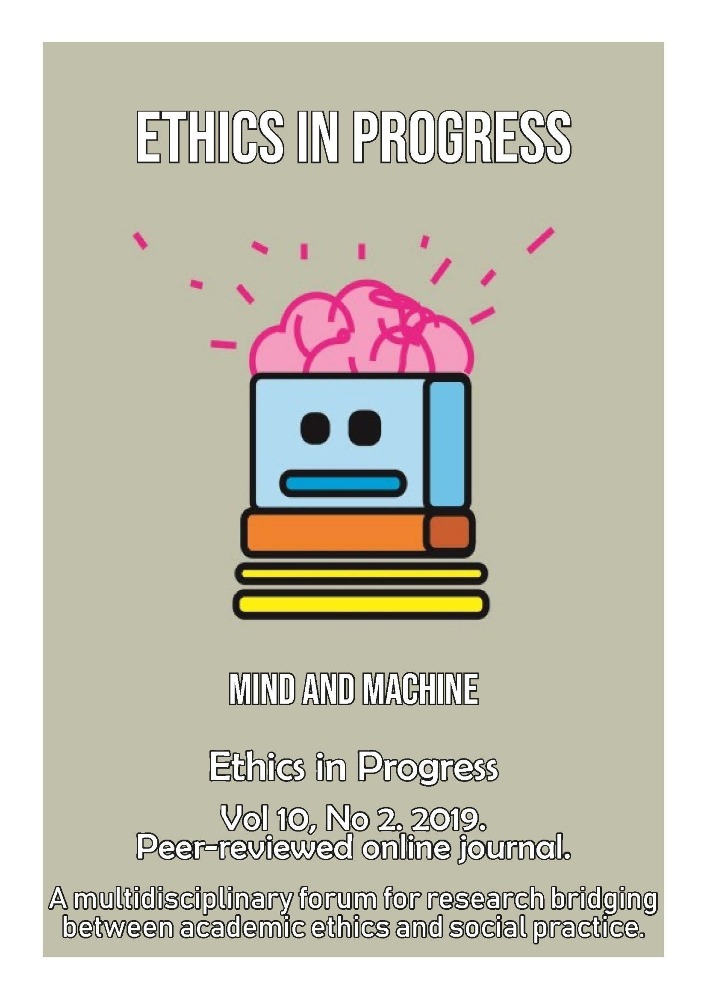Abstract
Digital games are social objects created based on our culture and society and at the same time they contribute to shaping our world. Through a critical perspective of digital games and technology, it is possible to discuss the unfolding of these artefacts in our society and also understand their relevance beyond an instrumental view. In this paper, we present a brief reflection based on two researches developed by the authors: the first, regarding the link between digital games and people with disabilities; and the second, about contributions of digital games to a critical education. Our goal with this work is to highlight the emancipatory and participatory potential present in the critical vision of digital games.
Funding
MNiSW grant 261/ WCN/2019/1 “Wsparcie dla Czasopism Naukowych”
References
Egenfeldt-Nielsen S., Smith J. H., & Tosca S. P. 2008. Understanding Video Games: The Essential Introduction. New York: Routledge.
Feenberg A. 2001. “Democratizing Technology: Interests, Codes, Rights.” The Journal of Ethics (5):177-195. Netherlands: Kluwer Academic Publishers.
Feenberg A. 2002. Transforming Technology: A Critical Theory Revisited. New York: Oxford University Press.
Feenberg A. 2010. Between Reason and Experience: Essays in Technology and Modernity. Cambridge: MIT Press.
Freire P. 2014. Educação e mudança [Education and change]. São Paulo: Paz e Terra.
Freire P. 2015. Pedagogy of the Oppressed. New York: Bloomsburry Academic.
Grimes S. M. & Feenberg A. 2009. “Rationalizing Play: A Critical Theory of Digital Gaming.” The Information Society 25(2):105-18.
Habermas J. 1984. The Theory of Communicative Action (Vol. 1). Boston: Beacon Press.
Habermas J. 1987. The Theory of Communicative Action (Vol. 2). Boston: Beacon Press.
Huizinga J. 2014. Homo ludens: o jogo como elemento da cultura [Homo ludens: Game as a cultural element]. São Paulo: Perspectiva.
Leite P. S. 2018. Elementos de jogos digitais inclusivos para gameplay no contexto das pessoas com deficiência sob a perspectiva da interação corporificada [Inclusive digital game elements for gameplay in the context of people with disabilities through embodied interaction perspective] (Master’s thesis). Postgraduate Program of Technology and Society, Federal University of Paraná, Brazil.
Leite P. S., Retore A. P., & Almeida L. D. A. 2019. “Reflections on Elements of a Game Design Model Applied to Inclusive Digital Games.” in: Universal Access in Human- Computer Interaction. Theory, Methods and Tools. HCII 2019 (pp. 284-300).
Schimidt D. A. T. 2017. Espaços comunicativos e jogos digitais: processos formativos com a inserção do jogo digital Minecraft no contexto do ensino superior e da educação básica [Communicative environment and video games: formative processes with Minecraft video game insertion on Higher Education and Secondary Education] (Master’s thesis). Postgraduate program of Science and Mathematics Education, Federal University of Technology, Paraná, Brazil.
Schimidt D. T. & Sutil N. 2019. “The Development of Communicative Environment in the Minecraft Virtual World: Experiences with Secondary School Students.” Papers of Canadian International Conference on Advances in Education, Teaching & Technology 2018 (p. 111-8).
Sicart M. 2014. Play Matters. Cambridge, Massachusetts: MIT Press. United Nations. 2019. Convention on the rights of persons with disabilities (CRPD). https://www.un.org/development/desa/disabilities/conventionon-the-rights-ofpersons-with-disabilities.html





